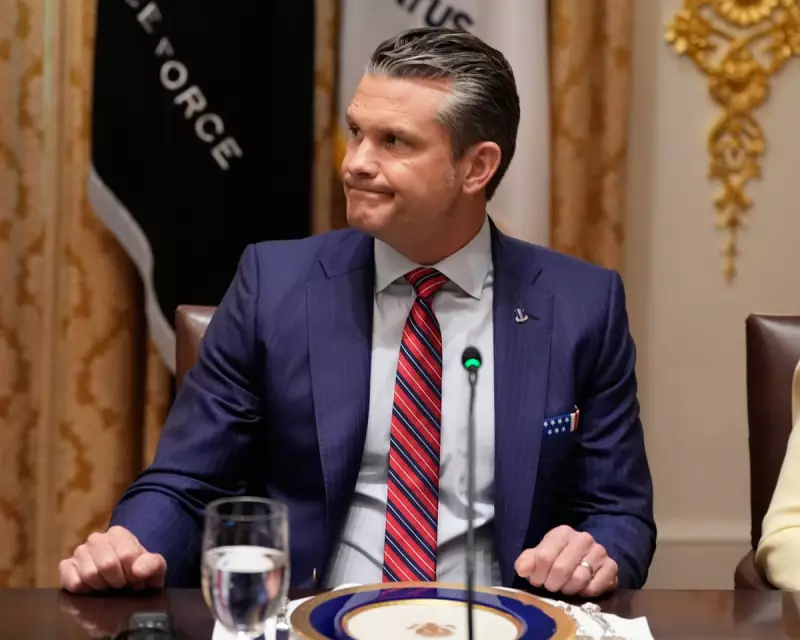
In a move that has sent shockwaves through British media circles, Fox News host Pete Hegseth has initiated legal proceedings against The Guardian newspaper in what critics are calling a blatant attempt to silence critical journalism.
The Legal Onslaught
The controversial television personality has launched an aggressive legal campaign targeting the British publication after it reported on allegations from his forthcoming memoir. Court documents reveal Hegseth is seeking a sweeping injunction that would prevent The Guardian from publishing further stories based on material from his book.
Legal experts describe the action as particularly concerning because it appears designed to intimidate journalists rather than address legitimate legal grievances. The timing and scope of the legal challenge suggest a strategic effort to suppress unfavourable coverage before it reaches the public.
A Threat to Press Freedom
This case raises fundamental questions about press freedom in the United Kingdom. Media freedom advocates warn that such actions by powerful figures could establish dangerous precedents, making it increasingly difficult for journalists to hold influential individuals accountable.
The attempt to pre-emptively block publication represents a significant escalation in the relationship between media organisations and public figures, potentially chilling investigative journalism that serves the public interest.
Broader Implications for UK Journalism
Beyond the immediate parties involved, this legal battle carries implications for the entire British media landscape:
- It tests the boundaries of free speech protections in UK law
- It could influence how other public figures respond to critical coverage
- It may affect the willingness of publications to investigate powerful individuals
- It highlights the growing trend of using legal mechanisms to manage media narratives
The outcome of this case could shape the future of investigative journalism in Britain, determining how easily wealthy and connected individuals can use the legal system to control their public image.
The Guardian's Stance
The newspaper has indicated it will vigorously defend against what it characterises as an attack on fundamental journalistic principles. Sources within the organisation suggest they view this as a critical test case for protecting press freedom in an era of increasing legal challenges to media organisations.
As this legal drama unfolds, it serves as a stark reminder of the ongoing tension between individual reputation management and the public's right to information—a balance that lies at the very heart of democratic society.





